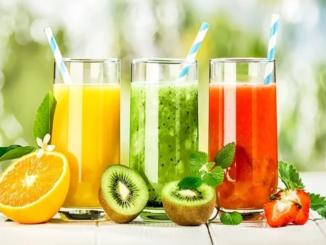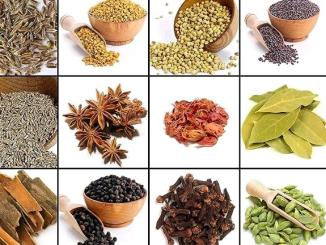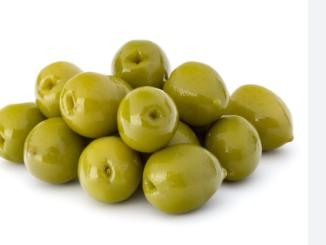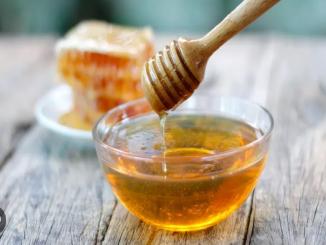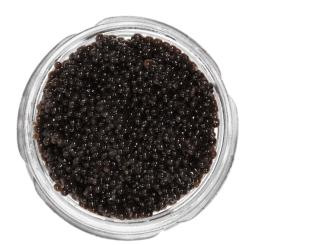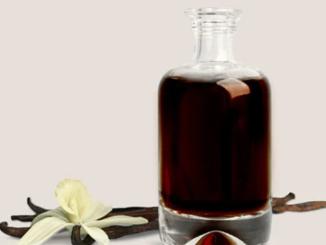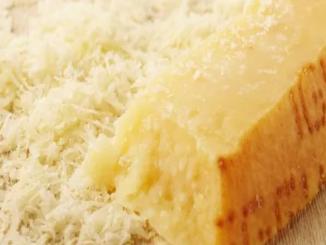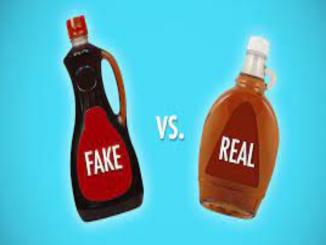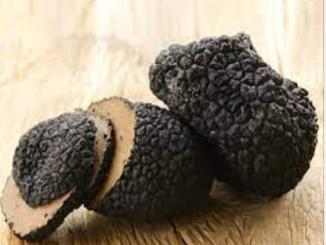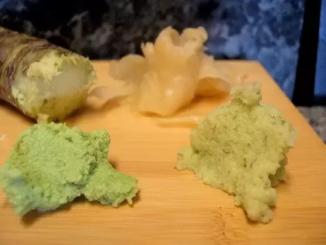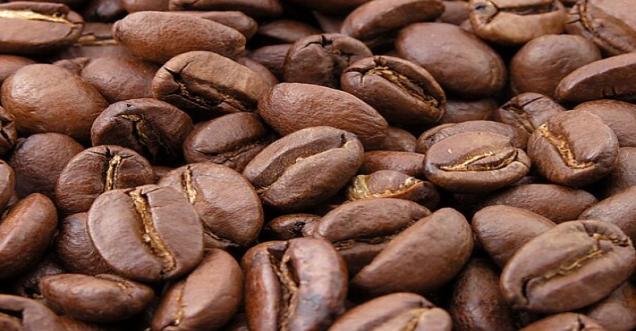
Can Coffee be faked as a food, or it can be adulterated
Coffee is not typically faked as a food, but it can be adulterated with fillers or other substances to increase its weight or volume. This is most common in ground coffee, as adding fillers without being detected is easier.
Coffee is adulterated in several ways, including:
- Dilution: Coffee beans can be diluted with other substances, such as wheat flour or barley, to increase their weight or volume.
- Substitution: Coffee beans can be substituted with other beans, such as Robusta beans, which are cheaper and lower quality.
- Addition of fillers: Coffee beans can be mixed with fillers, such as sawdust or twigs, to increase their weight or volume.
- Use of artificial flavours: Artificial flavours can be added to coffee to make it taste more like real coffee.
- Use of pesticides: Coffee beans can be treated with pesticides to kill pests and diseases. However, these pesticides can also be harmful to human health.
Adulterated coffee can be dangerous, as it can contain harmful substances not listed on the label. It can also be lower in caffeine than real coffee, leading to disappointment or withdrawal symptoms.
To avoid buying adulterated coffee, buying from a reputable source is essential. You should also look for coffee labelled "100% Arabica beans." Arabica beans are the highest quality and less likely to be degraded.
You can also do a few things to check if the coffee you have is real:
- Look for the colour: Real coffee is typically dark brown. Adulterated coffee may be lighter in colour.
- Smell the coffee: Real coffee has a strong, roasted aroma. Adulterated coffee may have a bland or off-putting aroma.
- Taste the coffee: Real coffee has a rich, full-bodied flavour. Adulterated coffee may have a weak or watery flavour.
If you are still determining whether the coffee you buy is real, it is best to avoid it. There are many other delicious and affordable coffee alternatives available.
Here are some tips for avoiding adulterated coffee:
- Buy coffee from a reputable source. This could be a grocery store with a good coffee selection, a speciality coffee shop, or an online retailer that sells coffee from a trusted supplier.
- Look for coffee labelled as "100% Arabica beans." Arabica beans are the highest quality and less likely to be degraded.
- Avoid coffee that is too cheap. Natural coffee is expensive, so it will likely be fake if offered a meagre price.
- If you are unsure whether or not the coffee you are buying is real, you can do a few things:
Ask the seller where the coffee is from and how it was processed.
Look for the coffee's certifications, such as Fair Trade or Rainforest Alliance.
Research online to learn more about the coffee's brand and origin.
Following these tips can help ensure you buy safe and delicious real coffee.
Some of the most common fillers used in fake coffee include:
- Wheat flour: Wheat flour is a cheap and abundant ingredient that can be easily added to ground coffee.
- Barley: Barley is another cheap and abundant ingredient that can be used to degrade ground coffee.
- Twigs are sometimes added to ground coffee to give it a heavier weight.
- Sawdust is sometimes added to ground coffee to give it a bulkier appearance.
- Ash: Ash is sometimes added to ground coffee to make it darker.
Fake coffee can be dangerous, as it can contain harmful substances not listed on the label. It can also be lower in caffeine than real coffee, leading to disappointment or withdrawal symptoms.
To avoid buying fake coffee, buying from a reputable source is essential. You should also look for coffee labelled "100% Arabica beans." Arabica beans are the highest quality and less likely to be degraded.




